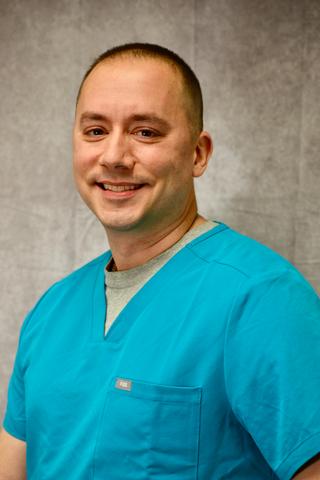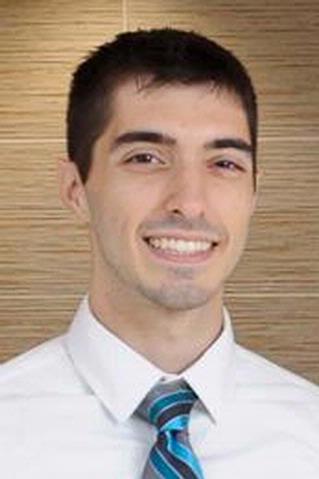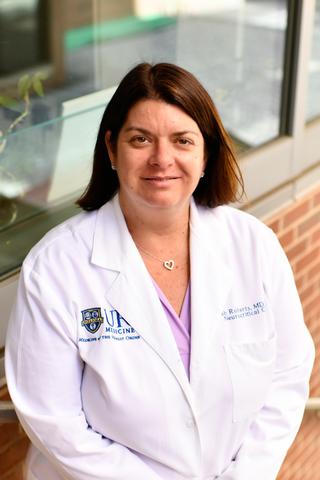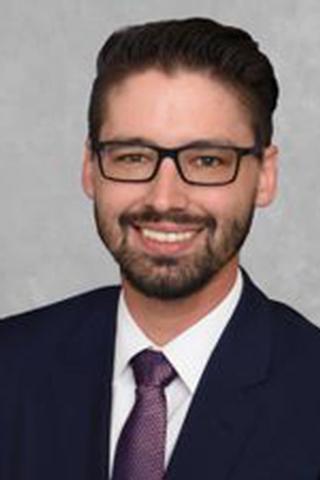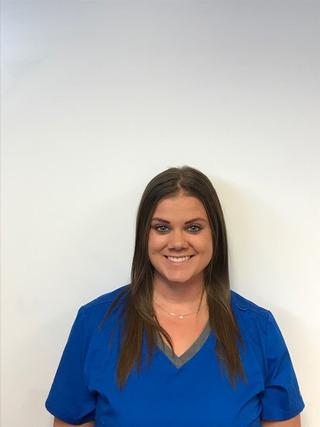Neuromedicine ICU - 8-1200
Rochester
-
Strong Memorial Hospital
Contact
Phone
Fax
Hours
The unit operates 24 hours per day, 7 days per week.
Overview
The Neuromedicine ICU (NMICU) provides multidisciplinary care to critically ill patients with complex neurosurgical and neurological life-threatening illnesses, as well as patients in shock states and/or with organ failure.
Patients are admitted to the unit directly or as transfers from other hospitals and all patients are admitted to the unit as inpatients. The unit consists of 12 beds and is staffed around the clock by an extended multidisciplinary team trained to treat the most challenging and difficult neurological disorders.
The neurocritical care team members include neurointensivists, neurologists, neurosurgeons, physician assistants, nurse practitioners, critical care nurses, anesthesiologists, respiratory therapists, social workers, physical therapists, speech-language pathologists, occupational therapists, nutritionists, and clinical pharmacologists.
Services are provided at our new state-of-the-art facility at Strong Memorial Hospital.
Services
Below is a listing of the conditions treated by the Neuromedicine ICU. These include, but are not limited to:
- Pre- or post-operative neurosurgery patients
- Patients with ischemic/embolic stroke
- Subarachnoid Hemorrhage
- Intracerebral Hemorrhage
- Brain tumors
- Cerebral Aneurysms
- Seizures
- Status Epileptics
- Coma of unknown etiology
- Myasthenia Gravis
- Gillian-Barré Syndrome
- Amyotrophic Lateral Sclerosis (ALS)
- Neuromuscular Failure requiring mechanical ventilation
- Encephalitis
- Meningitis
- Traumatic Brain Injury
- Acute Spinal Cord Injury
- Any other acute neurological/neurosurgical impairment requiring ICU level care
- Any patient who is deemed critically ill and requires emergent intensive care unit care
- Patients with acute brain or spinal cord injury and a ventricular assist device (VAD)
Treatments Provided
- Management of high intracranial pressure.
- Intracranial pressure monitoring (intraventricular catheter, Camino monitor) and cerebral perfusion pressure monitoring
- Insertion and management of advanced neuromonitoring devices for the measurement of brain tissue oxygenation (LICOX)
- Management of cerebral vasospasm and cerebral edema.
- Continuous EEG monitoring
- Intraventricular tPA in selected IVH cases
- Intraventricular medications (nicardipine, certain antibiotics) in selected cases
- Initiation and management of hypothermia therapy
- Mechanical ventilation (Airway Pressure Release Ventilation [APRV], Bi-vent/Bi-Level, High-frequency Oscillatory Ventilation [HFOV], other traditional modes, non-invasive ventilation, and High Flow Humidified Oxygenation)
- Extracorporeal Membrane Oxygenation (ECMO)
- Pulse Oxygenation (Sp02) and Endtidal CO2 monitoring
- Invasive hemodynamic monitoring (i.e. arterial lines, central venous lines, pulmonary artery catheters, continuous cardiac output catheters, ScvO2 catheters)
- Use of bedside ultrasound and ECHO for advanced hemodynamic assessments
- ECG monitoring
- Continuous renal replacement therapy (e.g., CAVHD, CVVHD, CVVHDF), hemodialysis, peritoneal dialysis
- Fluid and electrolyte management
- Enteral/parenteral nutrition
- Intra-abdominal bladder pressure monitoring
- Chest tube and other drain management
- Wound care/ Wound V.A.C. management
- Orthopedic stabilization; spinal immobilization
Providers
-
Benjamin P. George, M.D., M.P.H.
Accepting New Patients -
Accepting New Patients
-
Benjamin P. George, M.D., M.P.H.
Accepting New Patients -
Accepting New Patients
-
Accepting New Patients
-
Accepting New Patients
-
Accepting New Patients
-
Accepting New Patients
-
Accepting New Patients
-
Accepting New Patients
-
Accepting New Patients
